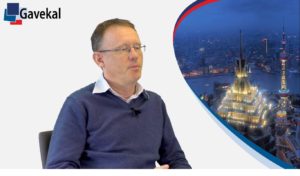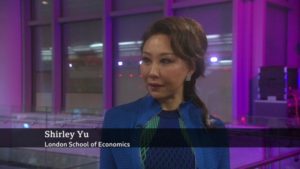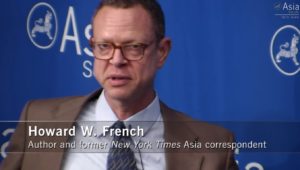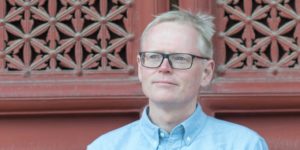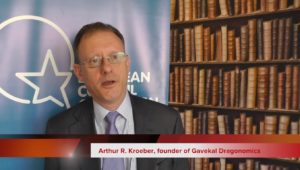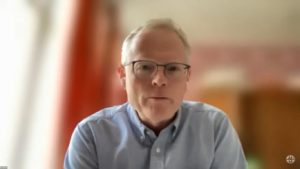
Under Xi Jinping, China’s system for picking its top leader, set up by Deng Xiaoping, has changed dramatically, writes China analyst Ian Johnson. The world has to look at a different China, that might be less stable, he tells CNN.
CNN:
This system worked for Deng’s two hand-picked successors, Jiang Zemin and Hu Jintao. Jiang retired more or less on schedule in 2002 as did Hu in 2012.
If Xi had followed this system, he would retire at the party congress next week. Not only that but in fact we would have known his successor in 2017, just as we knew a decade earlier, in 2007, that Xi was going to succeed Hu.
Another part of Deng’s system of orderly succession was telegraphing halfway through one leader’s term who their successor would be. That was meant to forge consensus and prevent wild swings in policy.
But no successor was appointed in 2017, meaning we knew around then that Xi wanted a third term. Xi’s intentions became clearer in 2018 when China’s parliament lifted term limits on the presidency.
Even though ceremonial, the post had term limits enshrined in the constitution. Changing the constitution to lift those limits made clear that come 2022, Xi was going to go for a third term as supreme leader.
So in some ways what is happening this year was set in motion years earlier, but it’s still hugely significant. This will play out in ways that people around the world will experience in three important ways.
The first is in continued tension and conflict in foreign policy. Under Xi, China began projecting power beyond its borders. Under his watch, China massively built up its military presence in the South China Sea, constructed military bases in South Asia and Africa and instructed its diplomats to use very blunt, aggressive language in dealing with other countries — something known as “wolf warrior” diplomacy.
Most importantly, China took a new, harder-line approach toward Taiwan. In August, his administration released a white paper that carries a marked change in tone from previous white papers in 1993 and 2000.
Unification with Taiwan is now described as “indispensable” for Xi’s key overarching policy goal of “the rejuvenation of the Chinese nation.” That likely means more tensions with democratic countries over Taiwan and an increased threat of Chinese invasion.
Second is slower economic growth. Xi’s government has initiated few market-oriented reforms, leaving huge swaths of the economy still in state hands. That’s contributed to slowing economic growth during his decade in power and growing youth unemployment.
Over the past few decades, one thing that the world economy could count on was strong Chinese economic growth. That may no longer be the case.
Finally, China faces political uncertainty for the first time in decades. Even though Deng’s system lasted only a generation, it did give China a period of political stability that it hadn’t enjoyed in more than a century.
Ian Johnson is a speaker at the China Speakers Bureau. Do you need him at your (online) meeting or conference? Do get in touch or fill in our speakers’ request form.
Are you looking for more political experts at the China Speakers Bureau? Do check out this list.
